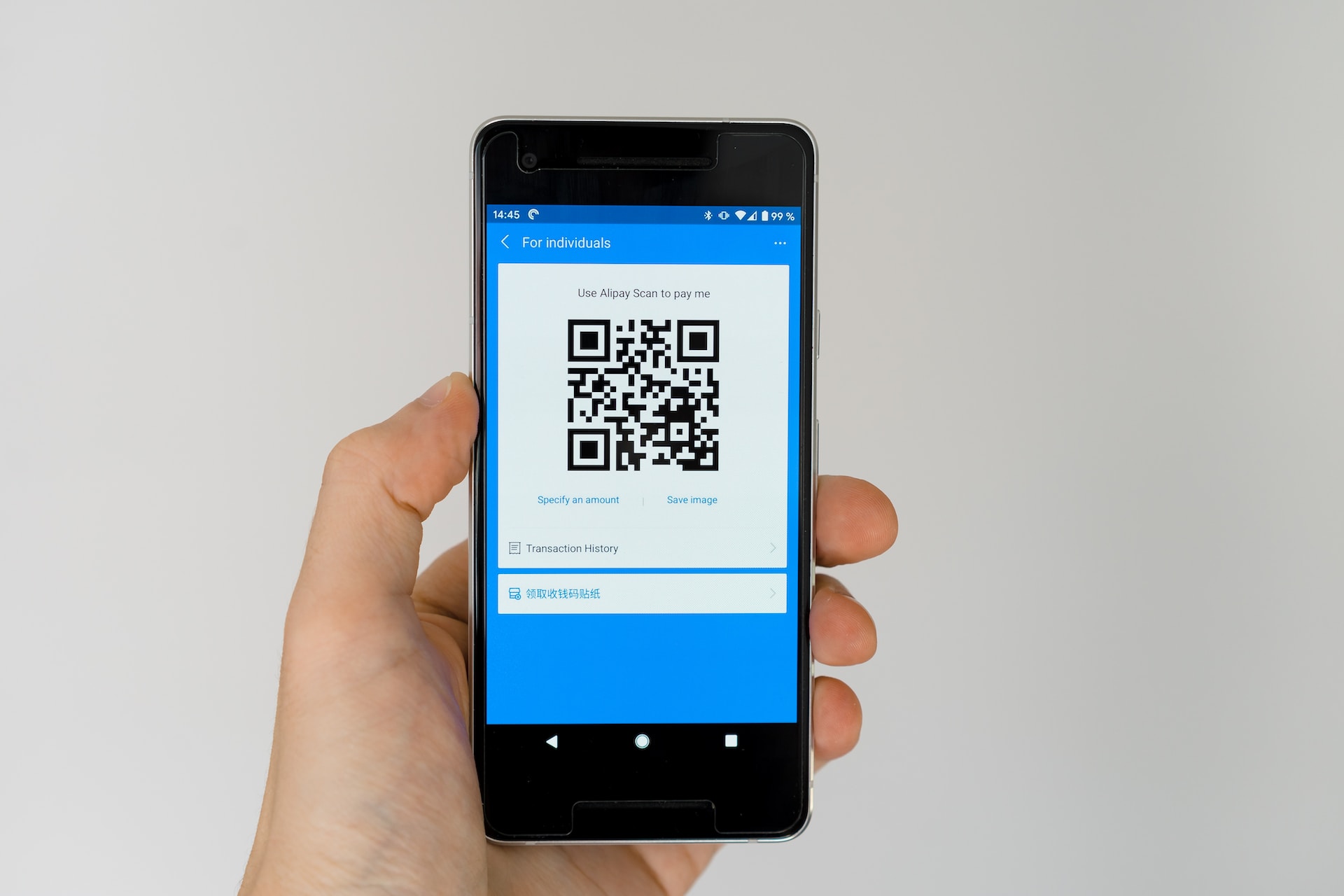Home » Navigating the Quishing Threat: A Comprehensive Guide for Businesses
The integration of digital technologies into business operations has opened new avenues for convenience and efficiency.
Quick Response (QR) codes stand out as a remarkable innovation in this regard. These square boxes filled with unfathomable squiggles simplifies access to information like never before.
However, their rising popularity also brings to the forefront a new type of cyber threat: quishing, or QR code phishing.
And the number one entry way for a quicking attack to bombard your organisation? Through your emails. (91% of all cyber attacks are through email.)
By Cian Fitzpatrick | 6th December 2023

Quishing is a cyberattack where QR codes are weaponised to execute phishing scams.
This technique combines the ubiquity of QR codes with deceptive tactics to trick users into revealing sensitive personal and financial information.
Quishing scams typically involve the creation and dissemination of fraudulent QR codes.
These codes are strategically placed to replace or overlay genuine QR codes in public or business settings.
When unsuspecting individuals scan these codes, they are redirected to counterfeit websites.
These sites, designed to mimic legitimate ones, are traps for unwary users to enter their confidential data.
One notable instance of quishing occurred in a retail environment where scammers replaced the QR codes on payment terminals with their counterfeit versions. Customers, intending to make payments, were instead led to fake payment portals, resulting in the theft of their credit card details.
In another case, a corporate office witnessed a quishing attack through seemingly harmless QR codes placed in its cafeteria. These codes, purportedly for accessing the daily menu, redirected employees to a phishing site that asked for their corporate login credentials.
Hackers use QR codes as a medium to direct victims to phishing sites, cleverly camouflaging their malicious intent. These codes are strategically placed in locations with high foot traffic or within organisations, making them appear as legitimate parts of the infrastructure.
The subtlety of quishing lies in its ability to blend in with the everyday use of QR codes, making detection challenging. The delay in recognizing a quishing attack exacerbates its impact, as the stolen data can be exploited long before the breach is identified.
Regular workshops and training sessions to educate employees about the nuances of quishing.
Employing QR codes with enhanced security features like encryption and tracking to prevent unauthorised alterations.
Implementing advanced cybersecurity solutions, including next-generation anti-malware and anti-phishing systems.
Establishing a robust monitoring mechanism to detect and respond to any signs of quishing promptly.
Encouraging a culture of cautious QR code usage, where employees verify the source before scanning.
In the digital age, staying ahead of cyber threats like quishing is imperative for business security.
By understanding the mechanics of quishing, staying alert to its manifestations, employing robust cybersecurity measures, and fostering a culture of awareness and vigilance, businesses can effectively shield themselves from these sophisticated attacks.
The fight against quishing is not just about technological solutions. It’s equally about cultivating an informed and cautious digital environment.
Contact Topsec today to fortify your organisation’s email security. Our client case studies illustrate the care and commitment we bring to our work. Our team will do this for your organisation too.
